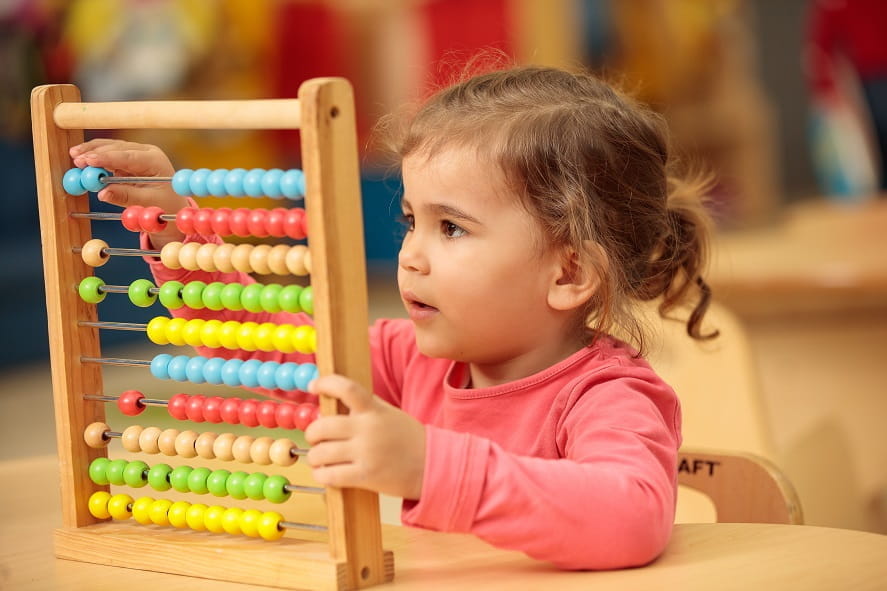We use cookies to improve your online experiences. To learn more and choose your cookies options, please refer to our cookie policy.

Do you think you are ‘good at maths?’ For many adults, this is a subject which strikes fear into our hearts, especially when trying to support our children’s learning at home. “I wasn’t good at the subject at school,” is an all-too-common phrase we may say.
I remember my school maths lessons as a memory game. When I think back, being ‘good’ at the subject meant being able to memorize and recall the right thing at the right time. If I am honest, I had little understanding of how or why it worked.
Recently, primary schools around the world have begun adopting the ‘Mastery Approach’. Your child’s school may have introduced this too, using White Rose Maths or similar. You’ll be glad to know that maths hasn’t changed – but this approach starts with that principle that everyone can be ‘good at maths’. In fact, the research behind it suggests that if taught in a certain way, around 95% of children can master age expected skills!
The mastery approach requires a shift in our mindset about what makes a child successful at mathematics. It focuses on developing deep understanding of concepts and procedures, rather than just the ability to remember and repeat them.
A good analogy is to think of building a house. We start by building a strong and deep foundation. The rest of the structure and the decorative details are added, piece by piece. By building strong number sense and a deep understanding of maths concepts in the primary years, children are confident when more complex ideas are added as they get older. However, if the foundation is not strong, the subject will likely become even more difficult as it becomes more complicated.
To develop this deep understanding, new learning is broken down into small steps beginning with practical objects and situations to introduce each concept. This not just for the youngest students. When I introduce year 6 to ratio, we start by diluting juice drinks. Visual models such as bar models or arrays then enable children to visualize how a concept works before moving into more abstract representations like column addition or long division.
Most importantly, children are encouraged to see links between different areas of maths. For example, if they can divide by 3, when they learn fractions, they can find 1/3 using knowledge of how the skills are linked. By seeing maths this way, what could seem to be a huge array of unrelated methods, becomes more manageable.
We often equate progress with learning more. To truly ‘master’ something, children need fluency first, (e.g. knowing how to do column subtraction) but then solve problems and reason with that skill. Rather than moving on faster, to new skills, children who grasp methods quickly are encouraged to apply their knowledge to more complex problems.
We are often keen for our child to get the ‘right answer’ and move on, but applying to reasoning and problem solving is a vital step for all children which will pay off in the future, especially in programs such as the IB Diploma.
So how can you support your child with mastering mathematics?
1. Be positive! Try to avoid saying ‘I’m not good at maths’ and remind your child they ‘are good at maths’. Some children will take longer, and need more practical/visual work than others, but most will get there. Mistakes are part of learning and knowing why something is incorrect is just as important as the right answer.
2. Focus on the process: I always tell my class ‘You’ll never see this exact question (or answer) again, but you might see some like it’.Try asking your child to explain how they did it, or how they know they are correct.
3. Try to avoid teaching them ‘how we did it’. Children are not necessarily being taught different methods to how we learned, but are going through a process of developing understanding. Jumping straight to teaching a more formal method can cause gaps in understanding. If you aren’t sure, speak to your child’s teacher who will be happy to explain the methods being taught.
By Nikki Charlesworth, Head of Primary and Year 6 / 5th Grade class teacher, The British International School of Charlotte